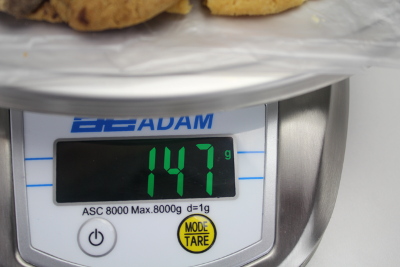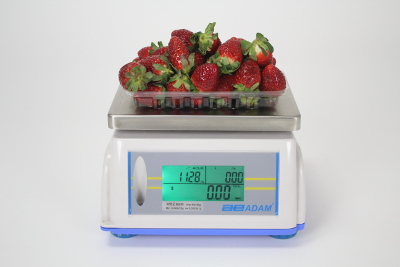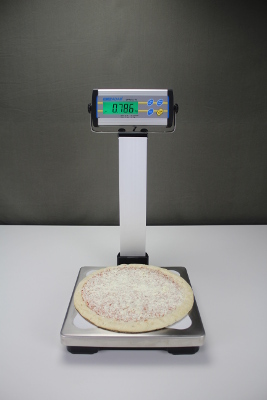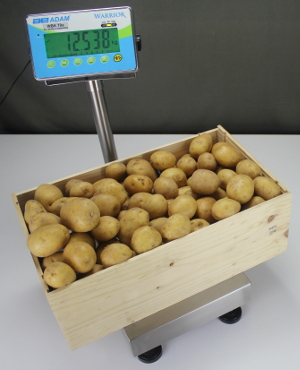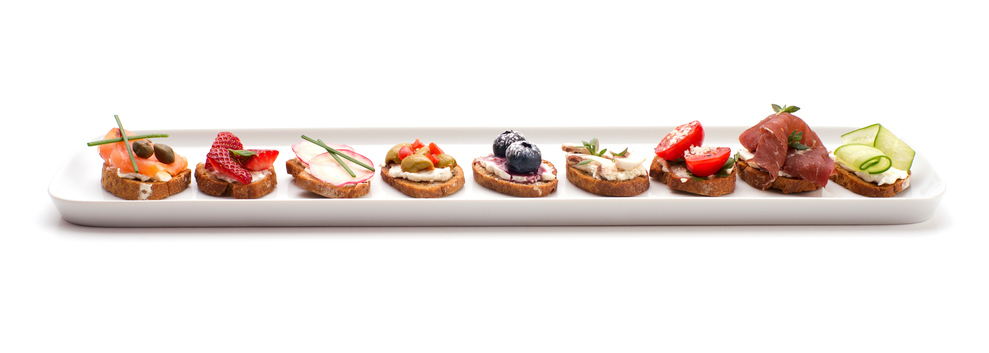
Food catering can be a hectic industry. Whether it's for weddings or fund raising events, the food needs to taste good, there should be enough for everyone without wasting it, and everything needs to be cleaned up in time for the venue to close or to keep on schedule for the next event. Efficiency and consistency are key for a good catering company. The right scale can optimize your kitchen and ensure your clients keep coming back.
Most professional cooks (especially if they have to prepare a high quantity of food) prefer using scales and balances to measuring cups. Weighing ingredients is more precise, more accurate and ensures recipes stay consistent even with scaling. If you cook for hundreds of people, it definitely beats using cups! In their book Introduction to Catering: Ingredients for Success, Shiring, Jardine and Mills recommend using a scale for measurement:
"Producing a consistent, quality product demanded by the clientele is a strategic advantage for a caterer."
– Introduction to Catering: Ingredients for Success (p. 182), Shiring, Jardine and Mills
If your menu is getting praise from customers, you need to ensure customers get the same great experience every time. Using a scale can help you create fair portions to ensure everyone gets the same amount of food. It can also help reduce food waste, and thus save a lot of money and ingredients.
Things to consider when buying a food catering scale
Caterers don't all serve the same amount of people. Some businesses cater to small parties, office meetings or small family gathering, while others serve hundreds, if not thousands of people for conventions, corporate events, or large weddings. There isn't a specific scale that can fulfill everyone's needs, so here are some things to consider when purchasing a food catering sale.
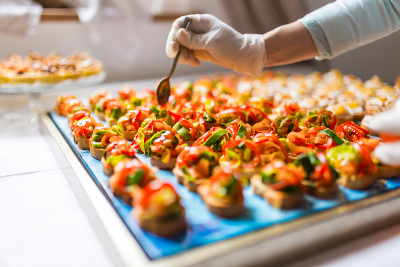
1) Weighing Scale Capacity
As always when shopping for scales, you need to make sure you get one with a capacity appropriate for your needs. If you cater small events, there's no need to get a scale that has a 600 kg capacity like some models. Conversely, if you need to prepare food for hundreds of people, you want a scale that can measure a large quantity of bulk ingredients. Low capacity scales are usually easier to carry and move around. If you need a very high capacity scale and you need to transport it, consider one with handles and/or wheels. If you have the need and the budget, it might be worth it to use a high capacity scale with a large platform like the CPWplus L for deliveries and batching, and a smaller portion scale for smaller events and individual plates. A smaller scale can also be useful if you work with expensive ingredients such as spices.
2) Cleanability
Cooking can be a messy business even for the most seasoned professionals, and it's important to maintain good hygiene in the kitchen. A scale that's quick and easy to clean is a necessity. Most catering and cooking scales will at least have a stainless steel weighing pan. Some scales, like , are made of stainless steel. A removable pan is even easier to clean, and ensures a more thorough washing. A sealed keyboard prevents spills from affecting the scale's operation, and ensures you can just wipe off the keys. An IP67 rating like the isn't necessary, unless you work in humid or wet environments, or with messy food like raw fish or ice cream.
3) Highly Visible Display
Between hectic schedules and varying conditions such as lighting or flour dust, a scale with a bright, clearly visible display is very useful. Being able to read the results at a distance saves time and headaches during prep and rushes. A backlit display also ensures that if you have to move the scale to a place you're not used to, the results will always be highly visible. Some scales, like our , have a hold function that freezes the display.
4) Sturdy Construction
You need to make sure the scale is resistant enough to be handled and used daily, and one that can resist the various ingredients that could drip or spill. And of course, frequent and thorough washings. Overload resistance like the (or at least a flashing light that warns you when there's too much weight on the scale) can be useful if you're prone to putting too much weight on your scale.
Some other features to consider include color coded keys to speed up recognition, automatic tare or zero tracking to make repetitive weighing faster, a rechargeable battery and an RS-232 interface for inventory management are more features that are not necessary, but can save you time and make your job easier.
Browse our selection of catering scales or contact us for more information about the range of food scales we have on offer.


